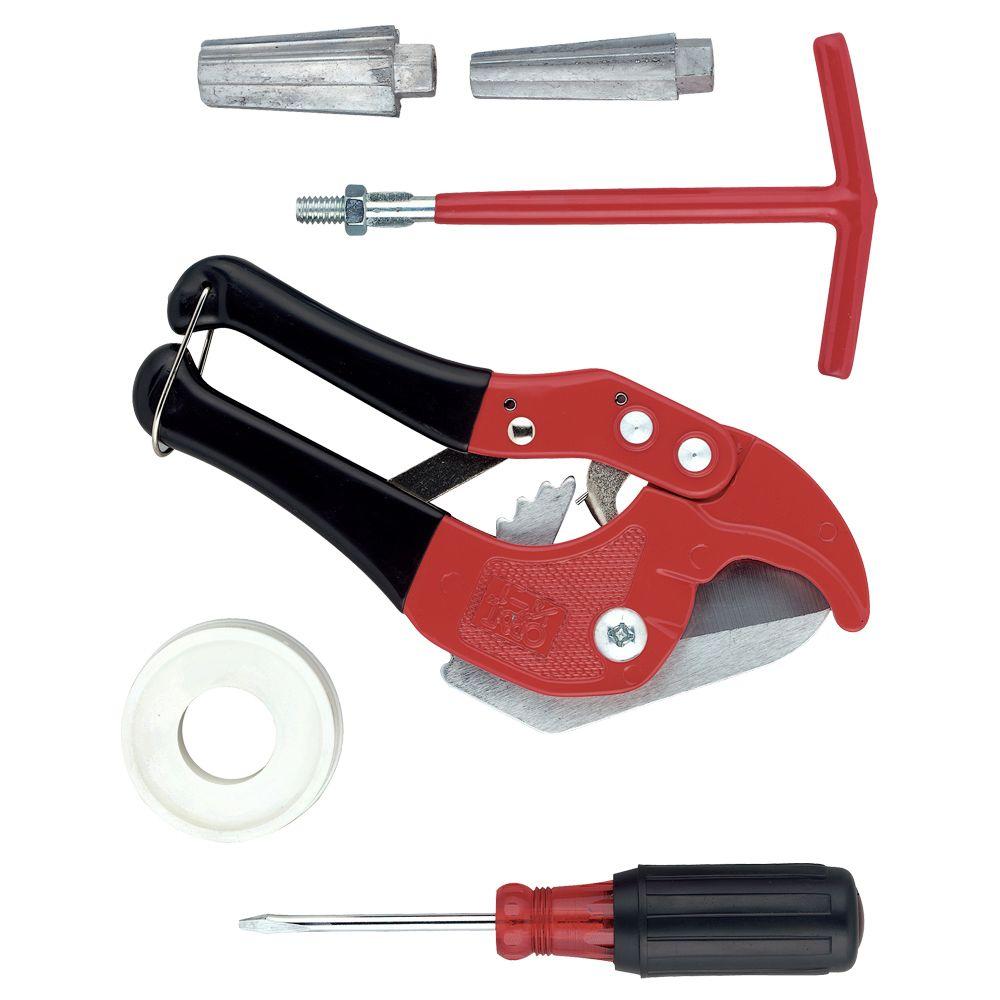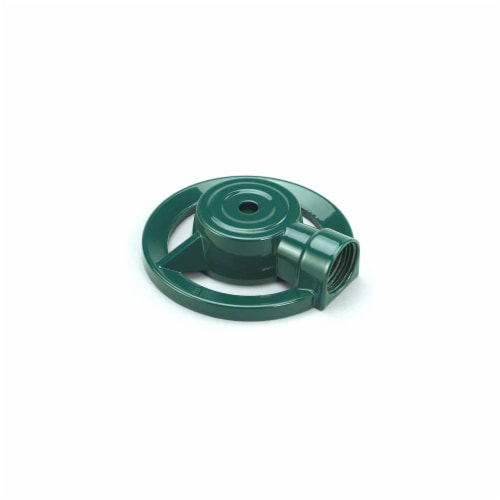
Orbit Irrigation 1 Port Digital High Flow Hose Faucet Timer with Easy Push Dial Programing - Walmart.com

Orbit 3/4-in or 1-in Inline Preassembled Sprinkler Manifold in the Underground Sprinkler Manifolds department at Lowes.com

Amazon.com : Orbit Sprinkler System 1-Inch FNPT Auto Inline/Angle Valve WFC 57020 : Hydraulic Valves : Patio, Lawn & Garden

Amazon.com : Orbit 57946 B-hyve Smart 6-Zone Indoor/Outdoor Sprinkler Controller, Compatible with Alexa, 6 Station Gray : Patio, Lawn & Garden

Amazon.com : Orbit Sprinkler System 1-Inch Male NPT Jar Top Valve 57467 : Hydraulic Valves : Patio, Lawn & Garden





















